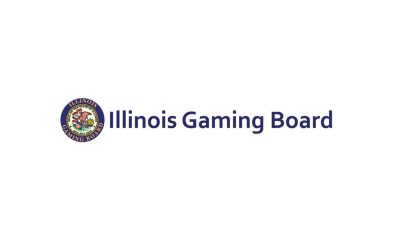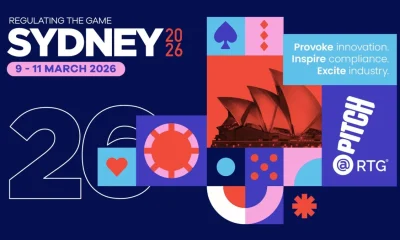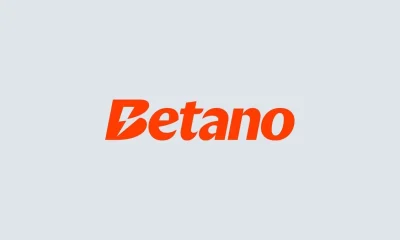Compliance Updates
Spelinspektionen Suspends Licences of Vivaro and Fair Play Bets

Swedish Gambling Authority Spelinspektionen has suspended the licences of Vivaro and Fair Play Bets. Vivaro has lost both its online gaming and betting licences, while Fair Play Bets only saw its online gaming licence taken back.
In a statement published on its website, the Swedish Gambling Authority defended its decision by claiming the operators had not begun either activity for which the licences were intended within one year of them coming into force.
Vivaro was granted its licences to provide online commercial gaming and online betting on 3 June 2020, while Fair Play Bets saw its licence awarded almost one month later on July 1.
These licences required both parties to undertake activities related to online gambling, however, Vivaro reported sales amounting to zero Swedish krona from June 2020 to May 2021, while Fair Play similarly reported no sales between July 2020 and June 2021.
This triggered two separate reviews from the regulator, with Vivaro’s beginning on 13 July 2021 and Fair Play’s on August 13.
In its defence, Vivaro stated the Covid-19 pandemic and in particular its effect on the company’s staff in Armenia as reasons for its failure to begin the relevant business operations.
In addition, the company continued, the war with Azerbaijan resulted in over 50 of its employees being sent away to fight. Vivaro also added that for a heavily regulated jurisdiction like Sweden, it is important to spend extra time preparing for launch.
Fair Play’s reasoning differed slightly, stating instead that no gaming operations have been initiated due to a corporate restructuring which required a temporary reduction in costs and labour.
However, neither argument was enough to sway the Swedish gambling watchdog who went ahead with its original decision to revoke both operators’ licences.
Powered by WPeMatico
3 Oaks Gaming
3 Oaks Gaming Enters Spanish Market

3 Oaks Gaming, an established distributor of iGaming content, has entered the Spanish market after securing certification to supply its slot portfolio in the region.
This approval enables Spanish-licensed operators to integrate more than 20 of 3 Oaks Gaming’s games, bringing some of the distributor’s most recognised slots to local players.
Certified titles available include recent releases such as 4 Pots of Egypt: Hold and Win, Rush for Gold, and Egypt Power. The portfolio showcases 3 Oaks Gaming’s signature Hold & Win mechanic alongside Scatter Pays and its increasingly popular 3 and 4 Pot models, delivering engaging gameplay certified for the Spanish market.
Securing the Spanish certification represents a significant step in 3 Oaks Gaming’s ongoing European growth strategy, supporting its expansion across established and regulated markets.
By entering Spain with a robust, fully approved portfolio, the distributor underlines its commitment to compliance while offering operators content that is aligned with local market requirements and player preferences.
Krasimir Pankovski, Head of Sales at 3 Oaks Gaming, said: “Spain is a strategically important regulated market for us, and obtaining certification here marks an important milestone in our growth journey. By launching a diverse range of certified titles, we are giving Spanish-licenced operators the flexibility to offer engaging content while meeting the highest regulatory standards.”
The post 3 Oaks Gaming Enters Spanish Market appeared first on Eastern European Gaming | Global iGaming & Tech Intelligence Hub.
Compliance Updates
Dutch Regulator KSA Warns Operators Over “Early Payout” Feature
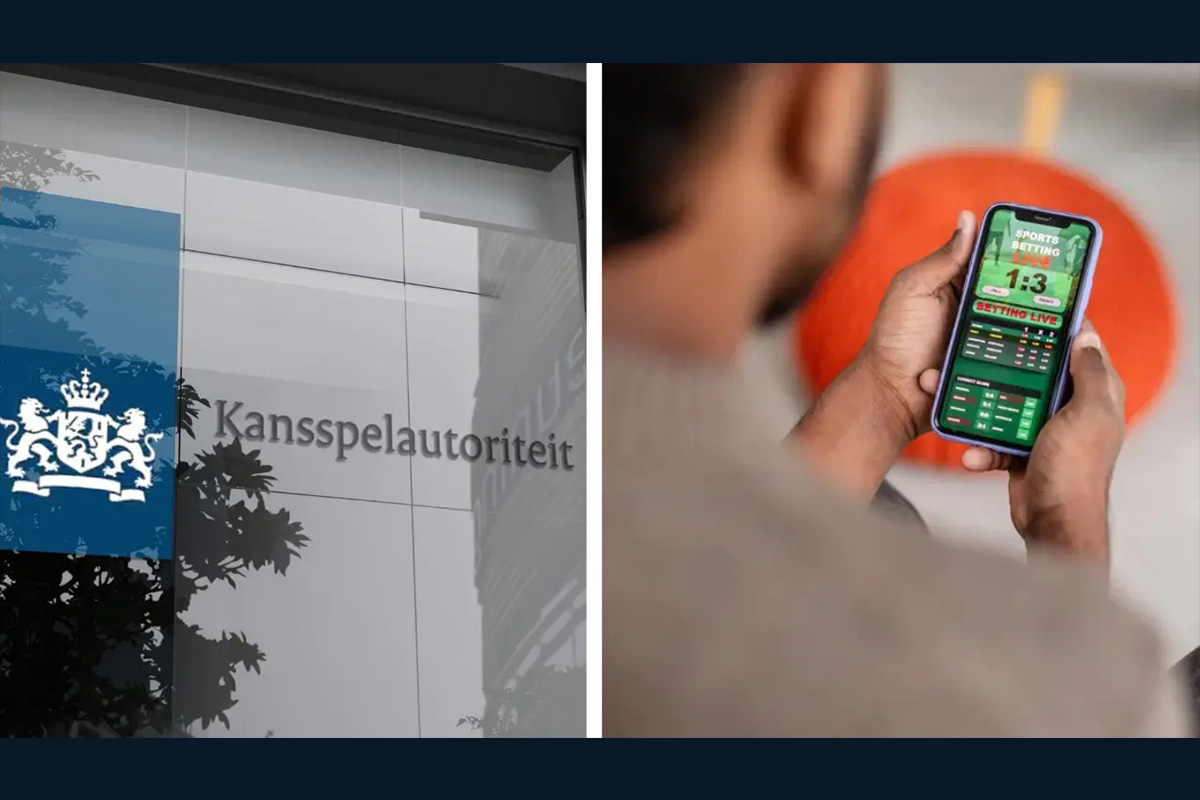
The Dutch Gambling Regulator (KSA) has contacted several online sports betting providers regarding incomplete information about the “early payout” feature. The “early payout” feature allows a bet to be considered won before the match has officially ended. This feature is not available in the event of a draw. The KSA found that several providers failed to communicate this sufficiently, making it appear as if players could also use this option for draws.
Early payout
The Early Payout feature allows players to declare their bet a winner if their team has a two-goal lead during the match, regardless of the final result. The odds for Early Payout bets are lower than those for regular bets. The problem arises when this option appears to be offered for draw bets, as there is no team with a lead.
Unclear information leads to confusion
Providers also promote lower odds for draws under the “early payout” feature. The providers’ terms and conditions then state that early payouts are not possible for draws, but this isn’t always clearly communicated when placing the bet. This creates confusion among players, who may assume that early payouts also apply to draws.
Obligation to provide clear information
Providers are required to provide clear and understandable information about the possible outcomes of a bet, including the associated terms and conditions. The KSA determined that providers were not complying with this obligation when providing information about the “early payout” feature. Providers that offer this feature have been contacted and have improved their communication so that players are now more clearly informed about the limitations of early payout for bets on draws.
The post Dutch Regulator KSA Warns Operators Over “Early Payout” Feature appeared first on Eastern European Gaming | Global iGaming & Tech Intelligence Hub.
3 Oaks Gaming
3 Oaks Gaming Secures Registration from MINCETUR to Enter the Regulated Peruvian Market
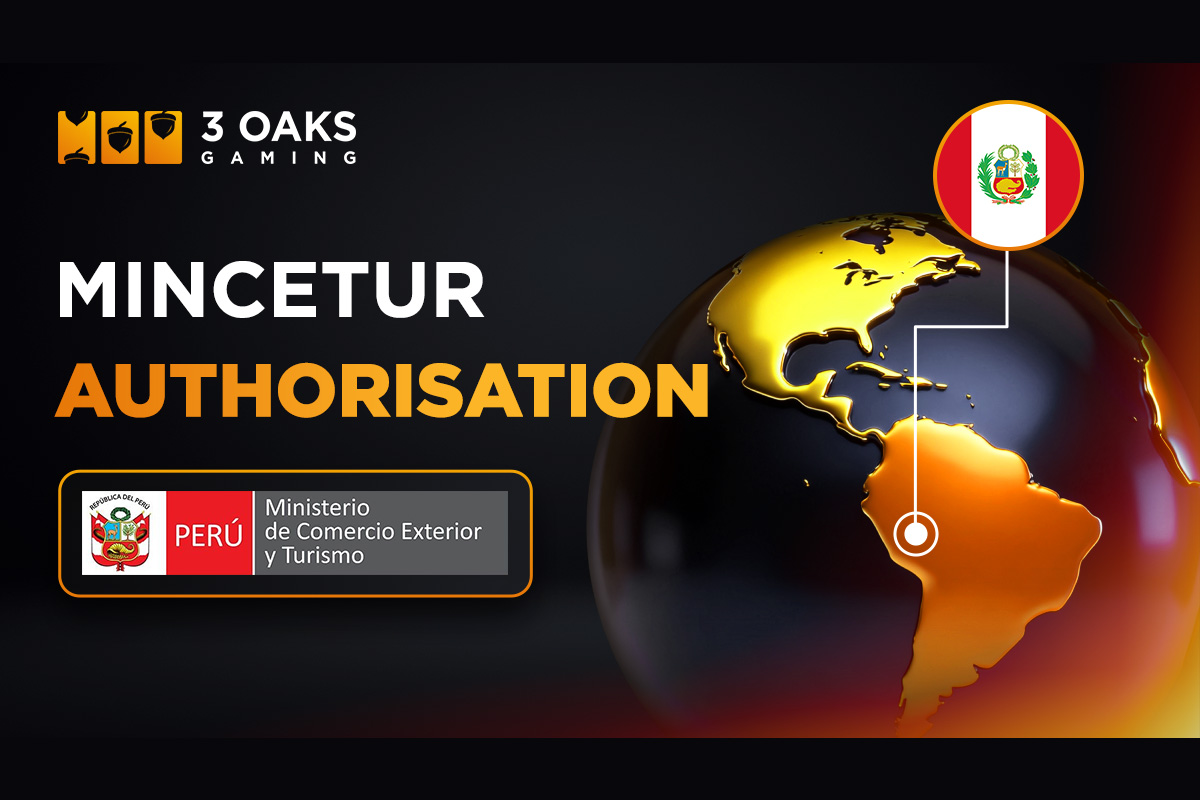
3 Oaks Gaming, an established distributor of iGaming content, has expanded its footprint in the Latin American market after securing registration from MINCETUR, allowing the company to supply 56 of its titles in the regulated Peruvian market.
This approval permits Peru-licensed operators to integrate a range of 3 Oaks Gaming titles, bringing some of the distributor’s most recognised and top-performing games to local players.
The registration marks an important step in 3 Oaks Gaming’s broader LatAm expansion strategy. By entering Peru with a fully approved portfolio, the distributor continues to strengthen its presence in regulated markets and support operators with localised content tailored to regional player preferences.
Krasimir Pankovski, Head of Sales at 3 Oaks Gaming, said: “Peru is one of the most dynamic regulated markets in LatAm, and achieving registration here significantly enhances our regional footprint.”
The post 3 Oaks Gaming Secures Registration from MINCETUR to Enter the Regulated Peruvian Market appeared first on Americas iGaming & Sports Betting News.
-

 Compliance Updates6 days ago
Compliance Updates6 days agoIllinois Gaming Board and Attorney General’s Office Issue more than 60 Cease-and-Desist Letters to Illegal Online Casino and Sweepstakes Operators
-

 Canada6 days ago
Canada6 days agoINCENTIVE GAMES PARTNERS WITH LOTO-QUÉBEC TO LAUNCH REAL-MONEY GAMES IN THE PROVINCE OF QUÉBEC, CANADA
-

 Latest News6 days ago
Latest News6 days agoLaunch Of A Fresh Online Casino Guide 2026
-

 Australia6 days ago
Australia6 days agoRegulating the Game 2026 Sydney — One Month Countdown as Sector Leaders Anticipate Inaugural RTG Global Awards
-

 Always Up! x100006 days ago
Always Up! x100006 days agoRing in the Chinese New Year with BGaming’s Seasonal Promotion
-

 Affigates6 days ago
Affigates6 days agoSoftConstruct AI and Affigates Bring Cutting‑Edge Solutions to AIBC Eurasia 2026 in Dubai
-

 Accra6 days ago
Accra6 days agoKaizen Gaming Launches Betano in Ghana — 20th Regulated Market & Responsible GameTech Expansion
-

 Latest News6 days ago
Latest News6 days agoVolcano Power — Hold & Hit 3×3 from Spinomenal




